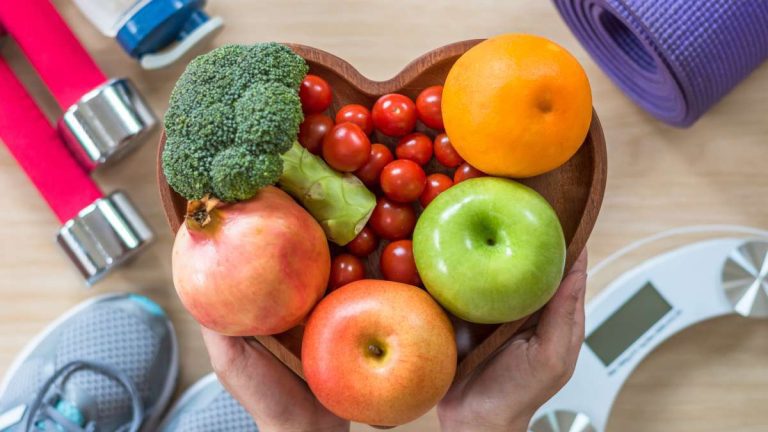Dear Doctors: I had my physical last fall, which included blood tests. One of them showed that my cholesterol level had increased a bit since last year. My doctor says if they continue to increase I should consider using medication to control them. What is cholesterol? Can you lower it naturally?
Dear reader: Cholesterol is a fatty, waxy substance carried by the blood and used by tissues throughout the body. Although most often considered a risk factor for cardiovascular disease, cholesterol actually plays many essential roles in health and well-being. Your body needs cholesterol to produce hormones, build and maintain cell walls and membranes, make vitamin D, and aid digestion. The highest concentration of cholesterol in the body is found in the brain, where it is essential for the creation and maintenance of neurons and other tissues.
When assessing cholesterol levels, your doctor checks for two specific factors. Each is calculated as milligrams of cholesterol per deciliter of blood, or mg/dL. One of these is a measurement known as total cholesterol, which is exactly what it sounds like. The other looks at the proportions of two cholesterol subsets. These are low-density cholesterol, or LDL, and high-density cholesterol, or HDL.
HDL, aka good cholesterol, helps remove cholesterol from the blood. LDL molecules, called bad cholesterol, are larger and stickier than HDL. They can build up in the arteries, form plaques and lead to cardiovascular disease and stroke.
About 80% of the cholesterol in your body is produced by the liver. The rest comes from diet – and this is one area where changes can have a positive effect.
Many studies have shown that a diet high in fiber and plants can measurably improve blood cholesterol levels, particularly LDL. This means switching from animal proteins to foods like beans, legumes, seeds, nuts, soy products and chickpeas. It’s also important to eat plenty of fresh leafy greens, berries, fruits, and healthy oils.
Although diet is often considered the main cause of low cholesterol, not getting enough exercise also plays a role. The current recommendation is 150 minutes of moderate exercise per week or 75 minutes of high-intensity activity. It turns out that when your heart beats, the body responds by releasing HDL into the bloodstream – lipoproteins that collect cholesterol and transport it to the liver for elimination. Sedentary people get an added bonus: Data shows that those who haven’t exercised before often see the most visible improvement.
Reducing stress and getting enough quality sleep are also important. Too much of the former and not enough of the latter can lead to increased cortisol and adrenaline levels. Each of these can not only cause increased cholesterol production, but also increase inflammation and have a detrimental effect on blood sugar control. Another important point: stop smoking.
For people whose cholesterol levels are just a little high, lifestyle changes can be safe and effective. It’s wise to consult your doctor to share your game plan and let them become a partner in your efforts.
(Send your questions to (email protected)or write: Ask the Doctors, c/o UCLA Health Sciences Media Relations, 10960 Wilshire Blvd., Suite 1955, Los Angeles, CA, 90024. Due to mail volume, personal responses cannot be provided.)


